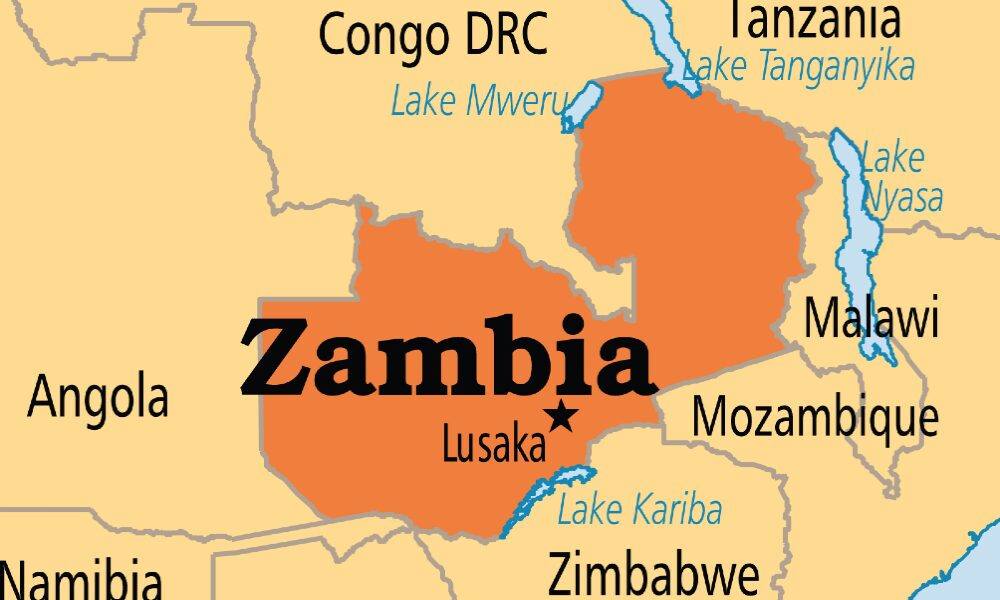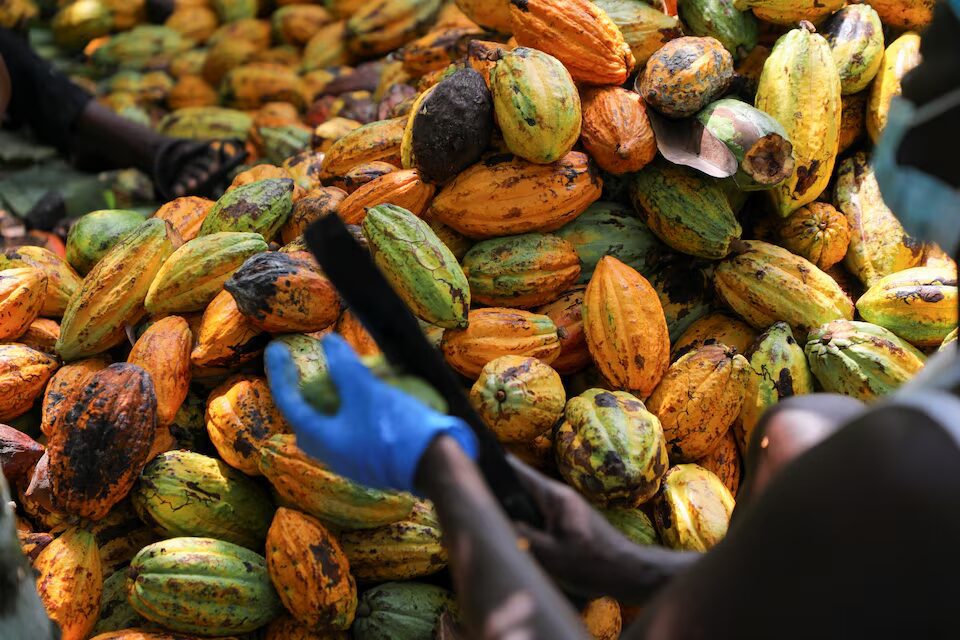
Thursday 14th August 2025

Par inAfrika Reporter
A first-of-its-kind mapping across sixteen African countries has drawn a sharp picture of the strengths and constraints facing women entrepreneurs’ associations, revealing systemic capacity gaps that blunt their economic impact. Launched in Nouakchott, the study underscores a striking paradox: while nearly one in four African women is an entrepreneur, the organizations that represent and support them often lack the institutional capabilities to sustain growth, secure financing, and scale services for members.
The headline findings are sobering. Eighty-seven percent of associations surveyed lack financial management capacity, and only 29 percent maintain partnerships with financial institutions. In Mauritania, 83 percent rely primarily on membership fees, a fragile base that limits program continuity and the ability to invest in services such as training, market linkage, and advocacy. The workshop convened to present the report brought together associations, civil society, public bodies, financial institutions, and development partners to examine the data, surface priority needs, and sketch action plans tailored to national realities.
Zeneb Touré, who manages the African Development Bank’s Civil Society and Community Engagement Division, framed the discussion as a genuine space for co-creation. She argued that the continent’s future is being shaped by women entrepreneurs and that this mapping can serve as a blueprint for inclusive development if stakeholders coordinate their efforts. Participants pointed to instances where structured capacity-building and innovative funding models have delivered tangible results, offering replicable approaches for peers. The emphasis fell on practical steps: building basic financial systems, formalizing relationships with lenders, and cultivating partnerships that reduce risk perceptions around lending to women-led micro and small enterprises.
Voices from the private sector and association leadership validated the report’s conclusions. Fatimetou Mint Sidi Mohamed O. Elvil of the Mauritanian Council of Women Entrepreneurs said the figures mirror daily realities on the ground potential is abundant, but structured support is needed to multiply impact. Lematt Mint Megueya of the Mauritanian Union of Women Entrepreneurs and Traders called the study critically important for providing a comprehensive view of institutional capacity and specific needs, a foundation for targeted interventions rather than one-size-fits-all programs.
The initiative aligns with the Bank’s Affirmative Finance Action for Women in Africa, launched to close an estimated $42 billion financing gap. Through partnerships with 185 financial institutions, AFAWA has already channeled more than $1.2 billion to women-led businesses. The Bank’s Gender Strategy for 2021–2025 complements this by working to transform key sectors into accessible fields of opportunity, ensuring equitable access to resources, infrastructure, and services. The symbolic handover of the report to Mauritanian associations marks the start of a new phase of collaboration in which each association is positioned as a catalyst for economic transformation, grounded in data, equipped with a plan, and connected to funders ready to back bankable initiatives.


